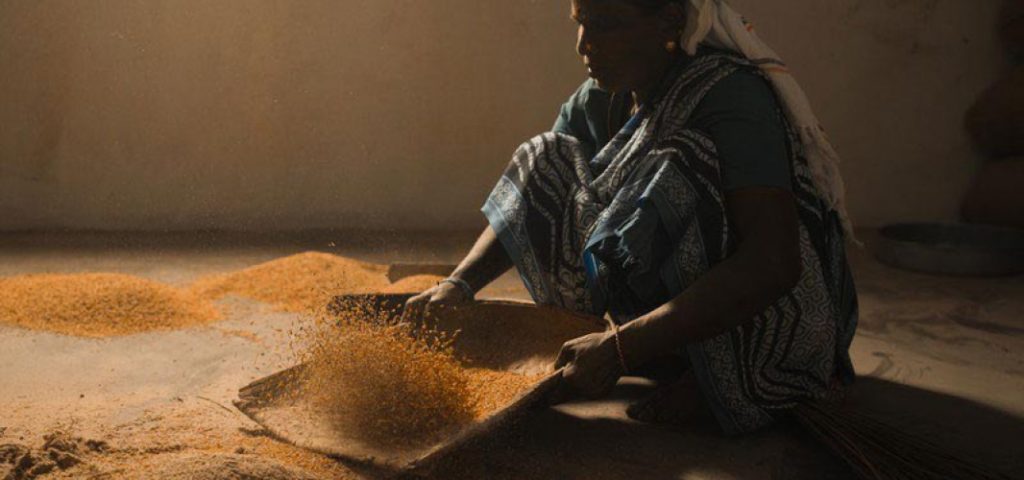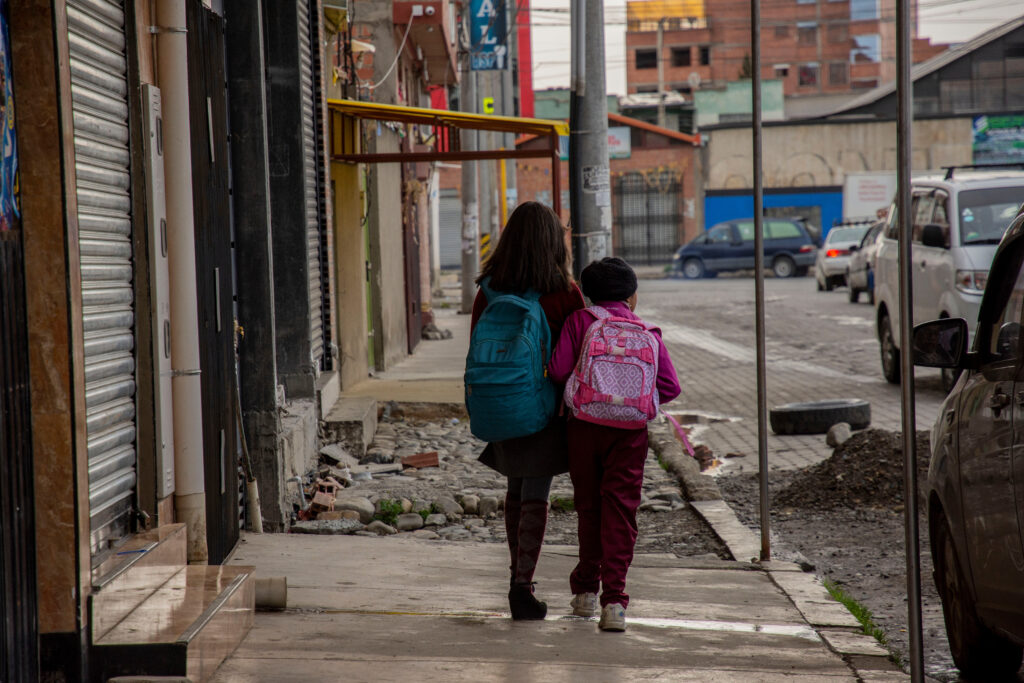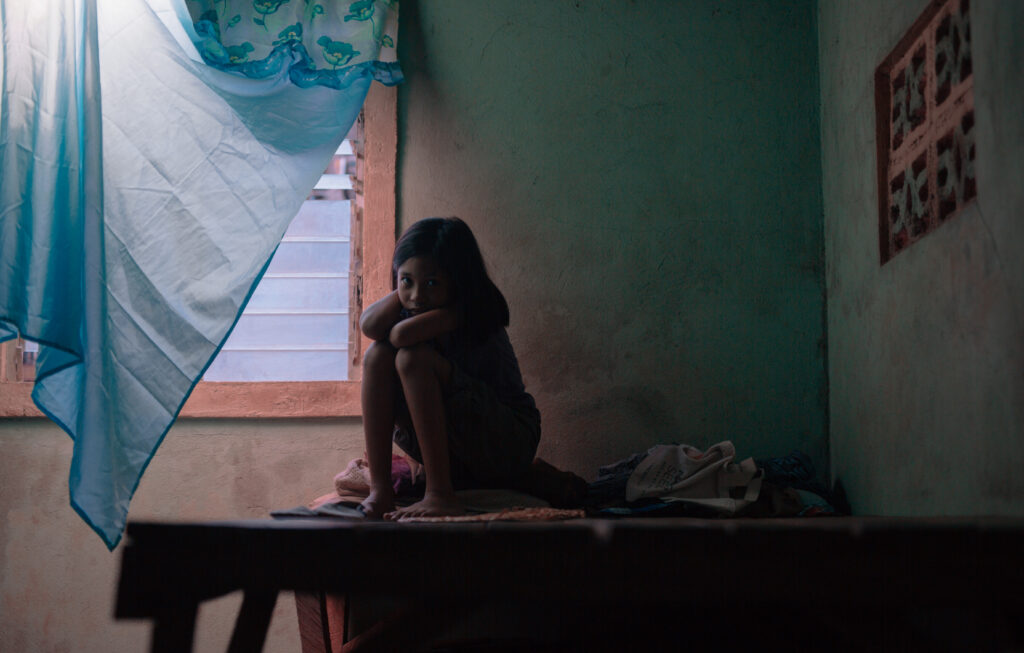
CHENNAI, INDIA – The Madras High Court took a strong stance for survivors of bonded labour slavery this month by overturning a lower-court ruling to find a powerful slave owner guilty for his violent crimes.
On 27 August, the Madras High Court judge sentenced slave owner M. Selvakumar to three years of rigorous imprisonment and ordered him to pay 50,000 rupees (just over A$1,000) to each of the nine survivors he had abused in his rice mill. This jail term is the maximum sentence outlined by India’s 1976 Bonded Labour System (Abolition) Act—and it’s the first time the Madras High Court has handed down this top sentence.
The case dates back to March 2006, when IJM and local authorities conducted a rescue operation to free the labourers from Selvakumar’s rice mill. The families had been trapped there for five years, after Selvakumar loaned them 3,000 rupees (about A$62) and manipulated the debts to keep them working constantly.
Using verbal abuse and physical violence, he had turned these families into modern-day slaves. They were beaten frequently with shoes, sticks or metal rods for making mistakes, requesting to be paid, or trying to escape. On the day of rescue, several survivors admitted they considered suicide to escape the years of abuse.
On that same day, officials conducted a rescue operation at rice mill owned by Selvakumar’s father-in-law, but he passed away before he could be tried in court.
Selvakumar was originally acquitted by a district-level judge in July 2012, at a time when fewer judges were sensitive to bonded labour cases. With IJM’s support, the survivors filed an appeal to have the case re-tried. It then moved to the High Court in 2013 and has become the first case of its kind in which an absolute acquittal was reversed into a conviction.
Crucial evidence in the trial included the victims’ Release Certificates, which are government documents given on the day of rescue that break the labourers’ false debts to the owner. These certificates entitle survivors to government protections and benefits and also clearly designate them as victims of a serious crime.
In this case, Justice P. Velmurugan concluded: “Once the Release Certificate has been marked as evidence, it is proof enough to grant conviction.”
Validation of these certificates creates a strong precedent for future bonded labour trials, and will hopefully ensure many more victims will receive justice for all they have survived.




